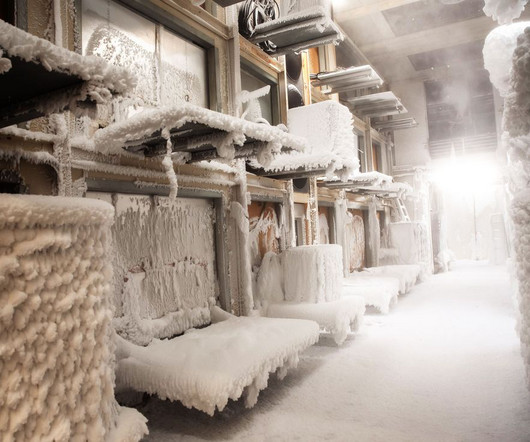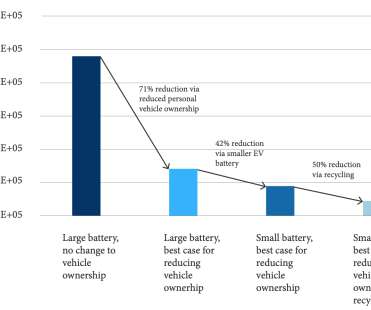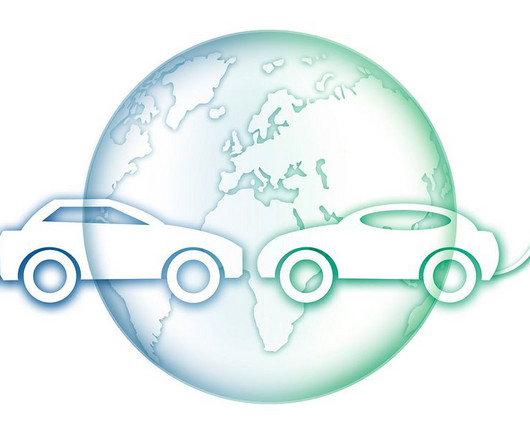Heat Pumps Take on Cold Climates
Cars That Think
FEBRUARY 26, 2024
Twenty homes scattered across Canada and the northern United States are keeping warm this winter using prototypes of the latest iteration in residential heating systems: cold climate heat pumps. To prove it, eight manufacturers are publicly testing their prototypes in the Cold-Climate Heat Pump Technology Challenge , hosted by the U.S.



































Let's personalize your content